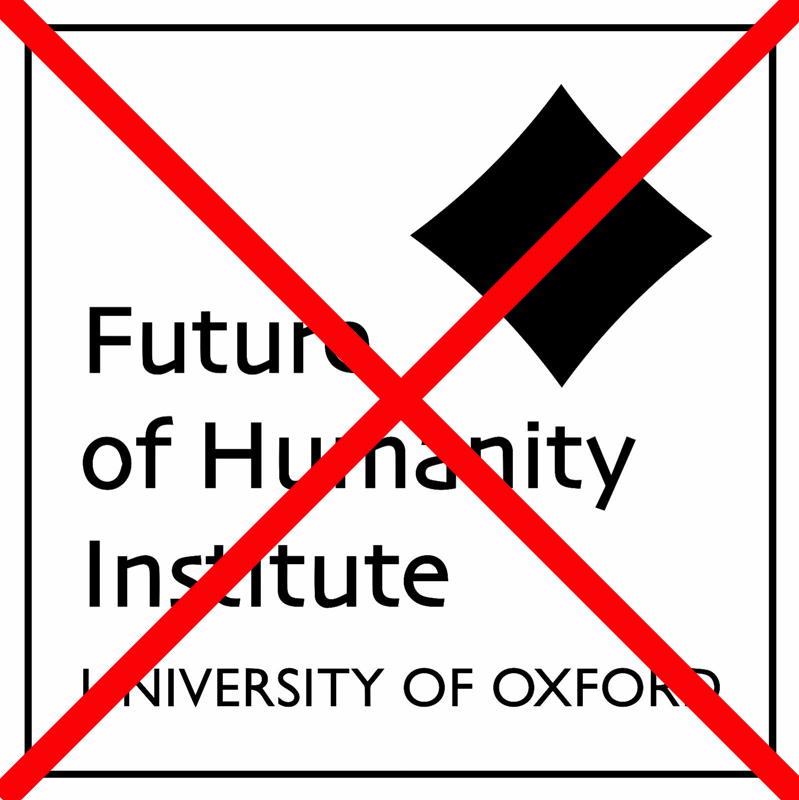‘Eugenics on steroids’: the toxic and contested legacy of Oxford’s Future of Humanity Institute
By Andrew Anthony,
The Guardian
| 04. 28. 2024
Two weeks ago it was quietly announced that the Future of Humanity Institute, the renowned multidisciplinary research centre in Oxford, no longer had a future. It shut down without warning on 16 April. Initially there was just a brief statement on its website stating it had closed and that its research may continue elsewhere within and outside the university.
The institute, which was dedicated to studying existential risks to humanity, was founded in 2005 by the Swedish-born philosopher Nick Bostrom and quickly made a name for itself beyond academic circles – particularly in Silicon Valley, where a number of tech billionaires sang its praises and provided financial support.
Bostrom is perhaps best known for his bestselling 2014 book Superintelligence, which warned of the existential dangers of artificial intelligence, but he also gained widespread recognition for his 2003 academic paper “Are You Living in a Computer Simulation?”. The paper argued that over time humans were likely to develop the ability to make simulations that were indistinguishable from reality, and if this was the case, it was possible that it...
Related Articles
By Emma McDonald Kennedy
| 04.24.2025
A Review of Eggonomics: The Global Market in Human Eggs and the Donors Who Supply Them by Diane M. Tober
A recent journalistic investigation of the global egg trade at Bloomberg put the industry’s unregulated practices and their exploitative implications back in the spotlight. Diane Tober’s book Eggonomics: The Global Market in Human Eggs and the Donors Who Supply Them, published in October of last year, delves even more deeply into the industry with a thorough examination of egg...
By Mary Annette Pember, ICT News [cites CGS' Katie Hasson] | 04.18.2025
The sight of a room full of human cadavers can be off-putting for some, but not for Haley Omeasoo.
In fact, Omeasoo’s comfort level and lack of squeamishness convinced her to pursue studies in forensics and how DNA can be...
By Shoshanna Ehrlich, Ms. Magazine | 04.15.2025
Promotional image from Natalism.org
A month into President Donald Trump’s second term, Sean Duffy, the newly appointed secretary of the Department of Transportation (DOT), issued a memo declaring that “DOT-supported or assisted state contracts shall prioritize projects and goals...
By Staff [cites CGS' Katie Hasson], Radio New Zealand | 04.05.2025
At a time where some countries are struggling with low birth rates, the voices for pronatalism are getting louder. But it’s who’s sounding the call for more babies that has people talking.
Tech giant Elon Musk has fourteen children and...




